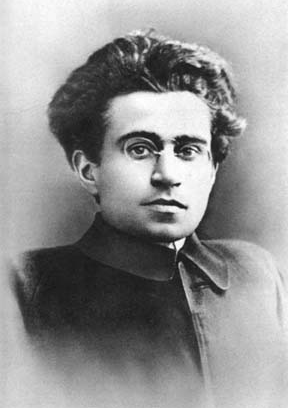Key Difference – Hegemony vs Ideology
Hegemony and Ideology are two concepts in social sciences that have a key difference. In general, hegemony refers to the dominance of one group or state over another, while ideology is a system of ideas that form the basis of an economic or political theory. This highlights that hegemony speaks of a relationship of power that exists between different groups, while ideology speaks of a set of ideas.
Key Takeaways
- Hegemony is the dominance of one group or state over another, while ideology is a system of ideas forming the basis of an economic or political theory.
- Antonio Gramsci used the concept of hegemony, while Louis Althusser used the concept of ideology and ideological state apparatus in his works.
- Hegemony is a form of dominance that uses ideology to control people, while ideology operates as an instrument of hegemony.
What is Hegemony?
According to the Oxford English Dictionary, hegemony is the dominance of one group or state over another. This dominance could be economical, political, social, or even military. During ancient times, hegemony was used in a political sense. However, the scope of hegemony has now extended beyond the political realm, where it has captured the social and cultural realms as well.
Hegemony was a concept developed and used extensively by Antonio Gramsci. According to his earliest works, hegemony was a system in which the hegemonic class used its political power to control the subaltern classes. However, in his Prison Notebooks, Gramsci develops this concept further as he includes intellectual and moral leadership to political leadership. Gramsci highlights that in a hegemonic rule, the consensus is achieved over coercion. He points out that in a hegemonic rule; the ruling class creates a world view to justify the equilibrium of society.
What is Ideology?
Ideology is a system of ideas forming the basis of an economic or political theory. In simple terms, ideology can be understood as a point of view or an outlook on something. It was Louis Althusser who used the concept of ideology and ideological state apparatus in his works. According to Althusser, there are two apparatuses: the ideological state apparatus and the repressive state apparatus. He used the term repressive state apparatus to refer to social bodies such as the government and the police. On the other hand, ideological state apparatus refers to social institutions such as religion, media, education, etc. This highlights that ideology is much more intangible.
According to Marxism, in the capitalist system, the ideology plays a crucial role. It is these systems of beliefs and ideas that mystify the people so that they become incapable of seeing the social realities. It creates a false consciousness among the working classes. This allows the ruling classes to control the modes of production to their advantage.
What is the difference between Hegemony and Ideology?
Definitions of Hegemony and Ideology:
Hegemony: Hegemony is the dominance of one group or state over another.
Ideology: Ideology is a system of ideas forming the basis of an economic or political theory.
Characteristics of Hegemony and Ideology:
Concept:
Hegemony: Antonio Gramsci used the concept of hegemony.
Ideology: Louis Althusser used the concept of ideology and ideological state apparatus in his works.
Relationship:
Hegemony: Hegemony is a form of dominance which uses ideology to control people.
Ideology: Ideology operates as an instrument of hegemony.
Scope:
Hegemony: Hegemony captures the entire society.
Ideology: Ideology includes religion, education, law, politics, media, etc.
